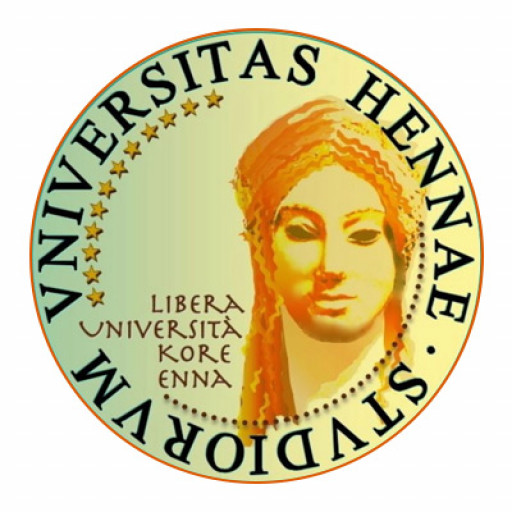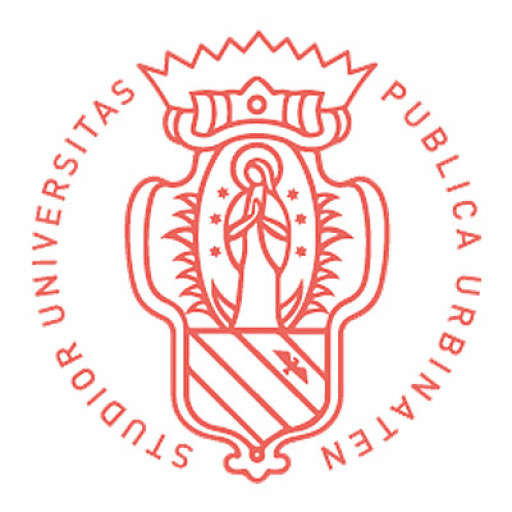Photos of university / #tcdglobal
Program Description:
The MSc in Counselling Psychology at the University of Dublin is a comprehensive postgraduate program designed to equip students with the advanced knowledge, practical skills, and ethical understanding necessary for a successful career in counselling psychology. This program integrates rigorous academic training with supervised clinical practice, enabling graduates to understand, assess, and support individuals experiencing a wide range of psychological difficulties. The curriculum emphasizes evidence-based therapeutic approaches, including cognitive-behavioral, humanistic, psychodynamic, and integrative modalities, ensuring students develop a versatile skill set adaptable to diverse client needs.
Throughout the course, students engage in critical research projects, advanced psychological assessment, and innovative intervention strategies, fostering a deep understanding of current theoretical developments and best practices in the field. The program encourages students to reflect critically on their own clinical practice and cultural competence, preparing them to work ethically and effectively within diverse contexts. The MSc in Counselling Psychology also provides significant opportunities for supervised placements in various mental health settings, such as counseling centers, hospitals, community organizations, and private practices, facilitating the application of learned theories in real-world environments.
Key highlights of the program include a strong emphasis on professional development, ethical practice, and lifelong learning, aligning graduates with the standards set by professional accrediting bodies. Graduates of this program are well-positioned to pursue careers in private practice, NHS or private health organizations, educational institutions, and research. The program also serves as a stepping stone for those interested in further academic pursuits, such as doctoral training in psychology.
Designed for individuals committed to making a meaningful difference in people's lives, the MSc in Counselling Psychology combines academic excellence with practical training to produce competent, compassionate, and reflective practitioners capable of contributing significantly to mental health care. The University of Dublin's supportive learning environment, experienced faculty, and state-of-the-art facilities ensure students receive a competitive and rewarding educational experience.
The MSc in Counselling Psychology at the University of Dublin is a comprehensive postgraduate programme designed for students who aspire to become professional counselling psychologists. This programme offers a blend of theoretical knowledge, practical skills, and clinical experience to prepare graduates for effective practice in diverse settings. Throughout the course, students will explore core concepts such as counselling theories, psychological assessment, ethical practices, and evidence-based interventions. The curriculum emphasizes the development of advanced counselling skills, critical thinking, and reflective practice, enabling students to provide empathetic and effective support to individuals facing psychological, emotional, or behavioural challenges.
The programme combines taught modules with supervised clinical placements, providing students with valuable real-world experience under the guidance of experienced practitioners. These placements occur in a variety of settings, including mental health clinics, schools, community organisations, and private practices, offering exposure to different populations and issues. Throughout their studies, students will engage in regular reflective practice and case discussions to deepen their understanding and improve their therapeutic skills.
Research is a fundamental component of the MSc in Counselling Psychology. Students will undertake a research project or dissertation, which allows them to explore an area of interest in depth, applying rigorous methodologies to contribute to the field's body of knowledge. The programme also covers topics such as diversity and inclusion, mental health promotion, and the impact of cultural factors on counselling practices, ensuring graduates are well-equipped to work ethically and effectively in increasingly diverse populations.
Graduates of this programme will be qualified to apply for registration with relevant professional bodies and pursue careers in private practice, health services, educational institutions, or community organisations. The University of Dublin’s MSc in Counselling Psychology aims to produce reflective, competent, and ethical practitioners who can make a positive difference in the lives of those they serve, equipped with the latest knowledge and practices in the field of counselling psychology.
The MSc in Counselling Psychology at the University of Dublin requires applicants to hold a relevant undergraduate degree, typically in Psychology or a related field, with a minimum of a Second Class Honours grade or equivalent. Applicants are often expected to demonstrate relevant work or voluntary experience in counselling, mental health, or related areas to ensure a practical understanding of the field. The program emphasizes the development of advanced counselling skills, understanding of psychological theories, and ethical practice, preparing students for professional accreditation and practice as counselling psychologists. The curriculum combines theoretical coursework, practical training, and supervised clinical placements, all designed to build competence in assessment, intervention, and counselling techniques. Entry requirements may also include proficiency in English, verification of prior qualifications, and sometimes interview assessments to evaluate motivation and suitability for the program. The course duration is typically two years full-time, with part-time options available, providing flexibility for working professionals. Candidates may need to complete prerequisite coursework or gain relevant experience before admission. The program aims to ensure graduates meet professional standards set by relevant accrediting bodies, such as the Irish Psychological Society or the British Psychological Society, and includes components that address cultural competence, human diversity, and research methods. Upon successful completion, students are eligible to apply for graduate membership of professional bodies and pursue careers in clinical, community, or educational settings, or further research or doctoral studies in psychology. The university also mandates compliance with confidentiality, ethical standards, and continuous professional development as integral parts of the curriculum and professional practice.
The financing options for the MSc in Counselling Psychology at the University of Dublin include a variety of funding opportunities designed to support students financially throughout their studies. Students can explore government-sponsored scholarships and grants, which are available for domestic and international students who meet specific eligibility criteria. These may include grants for postgraduate study, scholarships based on academic merit, or financial aid for students demonstrating economic need. Additionally, the university offers its own scholarship programs, which are open to qualified applicants and often consider academic achievement, extracurricular involvement, and personal circumstances.
Apart from scholarships, students may be eligible to apply for student loans through national or private lending institutions. In the Irish context, government-backed student loan schemes may provide low-interest loans to eligible students pursuing postgraduate degrees. Some students also seek sponsorships from their employers or relevant professional bodies, especially if the program aligns with their career development goals or employer requirements.
International students may need to consider additional funding sources, such as external scholarships provided by international organizations, foundations, or their home country governments. The university provides guidance on the funding landscape and may assist students in identifying pertinent opportunities.
Part-time work arrangements are another avenue for students to finance their studies, with the university and local regulations permitting certain levels of employment during term time. Work opportunities may be available on campus or in surrounding areas, providing students with income and practical experience simultaneously.
Fees for the program vary depending on the student's residency status and specific course components. The university publishes detailed fee information annually, allowing students to budget accordingly. Financial aid application deadlines and procedures are typically outlined on the university website and at the beginning of each academic cycle.
Overall, the University of Dublin endeavors to make postgraduate education accessible by providing a spectrum of funding options. Prospective students are encouraged to explore all available resources early in their application process and to contact the university's financial aid office for personalized advice. The combination of scholarships, loans, sponsorships, and part-time employment opportunities aims to support students in managing the financial demands of their MSc in Counselling Psychology and successfully completing their studies.
The MSc in Counselling Psychology at the University of Dublin, offered through the School of Psychology, is a comprehensive postgraduate program designed to prepare students for professional practice as counselling psychologists. This programme combines rigorous academic coursework with practical clinical training, ensuring graduates are well-equipped with the theoretical knowledge and practical skills necessary for effective counselling and psychological assessment. The curriculum covers core areas such as counselling theories and approaches, ethical and professional standards, mental health assessment, and intervention strategies. Students gain exposure to a variety of therapeutic modalities, including cognitive-behavioural therapy, humanistic, psychodynamic, and integrative approaches, fostering a flexible and client-centered practice.
The programme emphasizes evidence-based practice and incorporates research training, enabling students to critically evaluate psychological research and apply findings to their clinical work. Supervised clinical placements form a key component of the course, providing real-world experience in diverse settings such as mental health clinics, hospitals, and community organizations. These placements are designed to develop students’ skills in client assessment, intervention, and ethical decision-making, under the supervision of experienced practitioners.
Admission requirements typically include a relevant undergraduate degree in psychology or a related field, along with evidence of research competence and relevant work or volunteer experience in mental health. The programme is structured to be completed over two years on a full-time basis, with options for part-time study in certain cases. Graduates of the MSc in Counselling Psychology are eligible to apply for registration with professional bodies such as the Psychological Society of Ireland and other regulatory authorities, opening pathways to a professional practice as a counselling psychologist or related mental health practitioner.
The University of Dublin’s setting in the vibrant capital city offers students access to a wide range of mental health services, professional networks, and research opportunities. Collaboration with local clinics, hospitals, and community groups enriches the learning experience and supports the integration of theoretical knowledge with practical application. The programme aims to produce competent, ethical, and reflective counselling psychologists who can contribute effectively to individual and community mental health. Alumni of the programme have gone on to establish careers in clinical practice, research, teaching, and policy development across Ireland and internationally.









